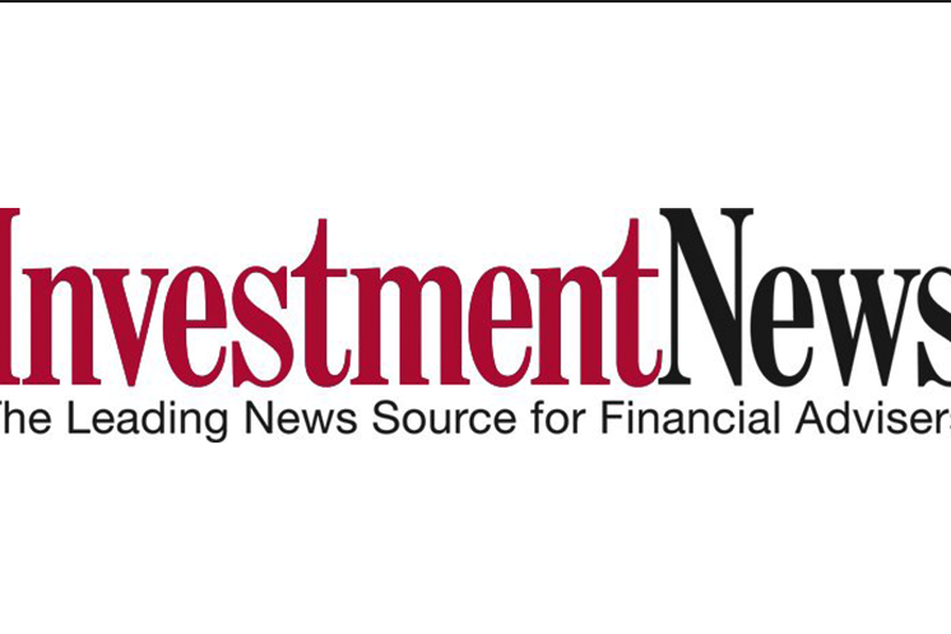What fiscal austerity could mean for the economy

The fiscal policy cycle is turning to a new phase, away from the tremendous stimulus and spending of the past five years to austerity and cuts
The following is excerpted from the weekly market commentary by Jeffrey Kleintop, chief market strategist for LPL Financial. To view the complete commentary, click here.
Given all the news coverage and the drama over what is at stake, it can be easy to think of going over the fiscal cliff — as the spending cuts take effect and tax cuts finally expire — as the end of the world. Wary of the consequences of this collision course with destiny, investors have shunned stocks by selling their holdings of U.S. stock mutual funds on a net basis in every single month this year and stepping it up lately to total over $20 billion in net selling during just the past four weeks, according to Investment Company Institute data. Yet, despite the fear and selling, the S&P 500 has posted gains over the past four weeks, and this year turned out as we had forecast a year ago in our 2012 Outlook with a better-than-average gain for the stock market.
Fiscal Policy Cycle
The fiscal policy cycle is turning to a new phase, away from the tremendous stimulus and spending of the past five years to austerity and cuts. The decision on the fiscal cliff will set in motion the path for addressing the country’s long-term fiscal solvency. The structure and depth of this new multiyear phase of fiscal policy will soon be decided. This change in fiscal policy after years of helping to boost the stock market may act as a drag on the economy and markets in 2013.
Alternatively, a long-term solution would be bullish for equities and the economy because it would take a substantial first step toward fiscal sustainability. It would greatly reduce the risk of a crisis at some point, which is almost inevitable given how quickly the United States is accumulating debt annually. It would provide long-term clarity on taxes, spending, and eliminate annual debt ceiling fights or fiscal cliffs for at least the next few years. To the extent that these risks and uncertainties are causing businesses and consumers to stay on the sidelines, these headwinds to economic growth would be lifted — more than offsetting any fiscal drag.
Economic Cycle
It is now three-and-a-half years since the economic cycle turned from recession to growth. The economic cycle may be set to turn once again. Going over the fiscal cliff would likely result in a turn in the economic cycle back to recession and a bear market for investors, although not a deep one. There are positives to fiscal austerity and the lack of asset bubbles (such as those seen in the technology or housing markets) built up over just three-and-a-half years of modest economic growth. Rising taxes hurt consumer spending, hiring decisions by businesses, and business capital spending, while the spending cuts would crimp government outlays, and in some cases, business capital spending. The cuts to Medicare payments to doctors and the end of extended unemployment benefits would directly impact personal incomes and personal spending. A bear market for stocks may ensue as earnings begin to fall. Inflation would remain muted, and the unemployment rate would push closer to 9% from around 8% in late 2012, prompting the Federal Reserve (Fed) to provide more stimulus. These actions, along with the rising unemployment rate and slightly lower budget deficit, could apply further downward pressure to interest rates, benefiting the bond market.
Alternatively, the potential for a grand bargain that leads to the removal of uncertainty surrounding the nation’s long-term deficit issues, accompanied by long-term visibility in the tax code, may provide a significant boost to the consumer and business confidence, and may lead to higher economic growth, better job growth, less accommodation from the Fed, and perhaps higher inflation, and a bull market for stocks.
Election Cycle
The election cycle has started anew. The political compromise — or lack thereof — sets the tone in Washington for the next two years, if not longer. While the divisiveness in Washington seems to have hit new highs, it could always get worse. The moderates in both parties, such as the fiscally conservative Democrats in the southeastern states and some New England Republicans, have been largely replaced by more partisan peers. The rancor can act as an impediment to lifting stock market price-to-earnings ratios from near 20-year lows. On the other hand, maybe we have reached the limits of partisanship. It is possible we are about to see the pendulum of partisanship swing from near total divisiveness toward more harmony among the parties in the coming years. It has happened before; it could happen again. Markets would likely welcome the change.
A New Era
Post-apocalyptic works of fiction show the future to be fraught with danger, but they also often feature flying cars — so it may not be all bad. As we look to 2013, we do not see an end-of-the-world scenario for investors. The base case path we expect in 2013 is likely to bring modest single-digit returns for investors, perhaps surprising those that see no avoiding a self-imposed apocalypse and continue to sell.
We expect Congress will continue to work toward a deal, even as some of the key dates featured in Figure 1 pass. Here is hoping that as the cycles turn a transformational new era emerges where politicians, business leaders, and individuals’ interests align to produce an environment of respect and much-needed action.
Learn more about reprints and licensing for this article.




